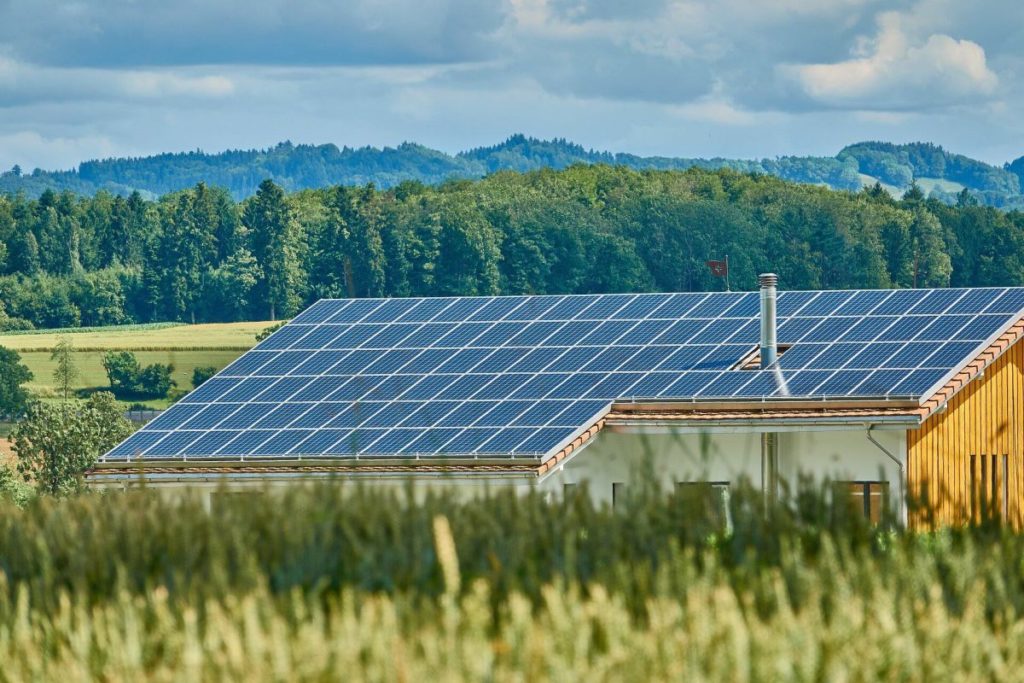If you’re like most homeowners, you probably don’t give much thought to your home’s electrical system until something goes wrong. And when it does, you quickly realize how important it is to have a reliable generator. A generator can provide backup power during an outage or help you run essential appliances during a power outage. So, how do you choose the right generator for your home? In this blog post, we will discuss the different types of generators and factors to consider when choosing one.
Think About The Size Of Your Home
The physical size of your home will play a big role in determining the size of the generator you need. If you live in a small apartment, you can probably get away with a portable generator. But if you have a large home, you’ll need a larger, more powerful generator. Also, consider the number of rooms in your home and the type of appliances you’ll need to run. A generator that can power a few lights and a refrigerator may not be enough to keep your entire home comfortable during an extended power outage.
Solar Generators
Solar generator is a great option for homeowners who want to be prepared for a power outage but don’t want to invest in a traditional generator. A solar generator rely on solar panels to collect energy from the sun, which is then stored in batteries. When the power goes out, the generator uses that stored energy to power your home. So be sure to consider getting a solar generator for home. Solar generators are quiet, efficient, and environmentally friendly. However, they can be more expensive than traditional generators and may not be powerful enough to run your entire home.
Gas Powered Generators
If you’re looking for a generator that can power your entire home during an outage, a gas-powered generator is your best option. Gas-powered generators are more powerful than solar or battery-powered generators and can run for extended periods of time. However, they require regular maintenance and can be noisy. Be sure to read the reviews before purchasing a gas-powered generator. Check out a local generator installation company in your area.
Diesel Powered Generators
Diesel-powered generators are the most powerful type of generator on the market. They’re often used in industrial and commercial applications but can also be used in a home setting. Diesel-powered generators are more expensive than gas-powered generators, but they’re also more durable and require less maintenance.
Think About All The Things You Want To Power
A good place to start when shopping for a generator is to make a list of all the appliances you want to be able to power in case of an outage. This will help you narrow down your options and choose a generator that’s the right size for your needs.
Consider How Long You Need The Generator To Run
Another important factor to consider is how long you need the generator to run. If you only need it for short periods of time, then a smaller, less expensive model may be all you need. But if you need it to run for hours or even days at a time, then you’ll need a more powerful generator that will be more expensive to purchase and operate.

Where Should You Install Your Generator Safely?
Once you’ve selected the right generator for your home, you need to think about where to install it. It’s important to choose a location that is safe and easy to access in case of an emergency. The best place to install a generator is outside, away from your home. This will prevent dangerous fumes from entering your home and minimize the risk of fire. Be sure to follow the installation instructions that come with your generator.
When selecting and installing a generator, it’s important to keep safety in mind. By following these tips, you can choose the right generator for your home and install it safely.
Portable Generators Are An Option
Portable generators are a great option for homeowners who want to be prepared for a power outage but don’t want to invest in a traditional generator. Portable generators are small, quiet, and efficient. However, they can be more expensive than traditional generators and may not be powerful enough to run your entire home. Be sure to read the reviews before purchasing a portable generator. When selecting and installing a generator, it’s important to keep safety in mind.
Portable generators are fueled by gas and need to be vented outside to avoid carbon monoxide poisoning. Be sure to follow the installation instructions that come with your generator. Never operate a portable generator inside your home, garage, or any enclosed space.
Make Sure You Service Your Generator
Just like your car, your generator needs regular maintenance to keep it running properly. Be sure to service your generator according to the manufacturer’s instructions. This will help ensure that it runs safely and efficiently when you need it most.
If you’re not sure how to service your generator, hire a professional to do it for you. This is especially important if you have a complex or high-powered generator. Servicing your generator regularly will help you avoid costly repairs or replacements down the road.
Safe Conditions For A Generator
If you’re considering a generator for your home, there are a few things to keep in mind in order to ensure safe operation. First, generators should always be operated outdoors – never indoors – due to the risk of carbon monoxide poisoning. Second, make sure to keep the generator dry and free from any moisture, as this can lead to electrical hazards. Finally, always keep children and pets away from the generator while it is in use. By following these simple safety guidelines, you can enjoy the peace of mind that comes with owning a generator.
Be Careful Of Back-Feeds
Another hazard to be aware of is back-feeds. This happens when the electrical current from the generator flows back into the main power line. This can damage your generator and pose a serious safety risk to utility workers and your neighbors. Be sure to disconnect your home from the main power grid before operating your generator. If you’re not sure how to do this. Hire a professional.
By following these simple tips, you can choose the right generator for your home and install it safely. By being prepared and knowing how to operate your generator correctly, you can ensure that you and your family are safe during a power outage.






